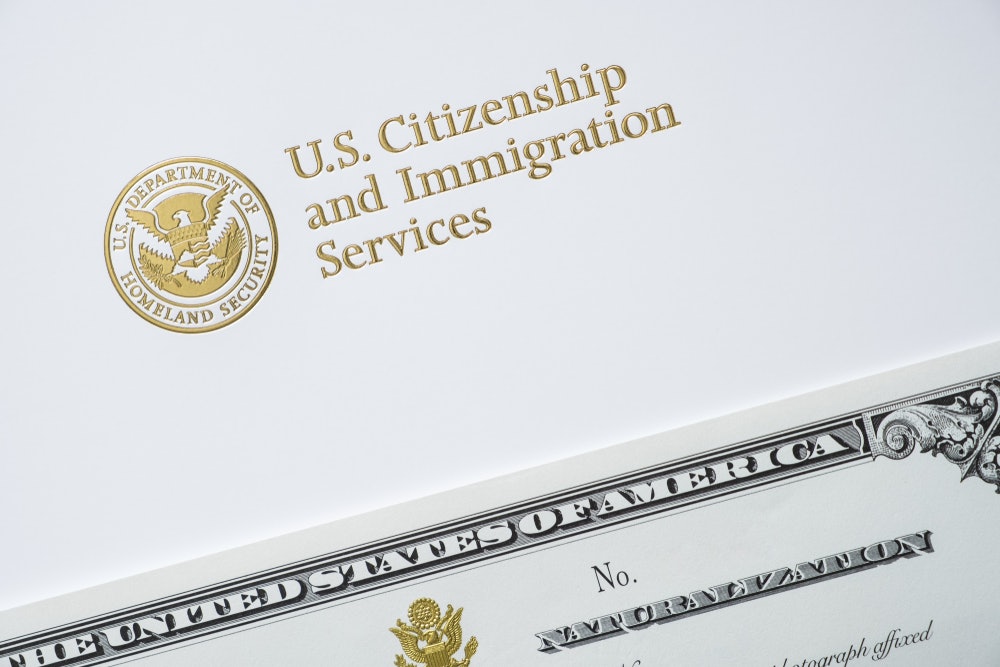This post originally appeared on huffingtonpost.com"They're stealing our jobs." This anti-immigrant argument posits that immigrants...
This post originally appeared on huffingtonpost.com
“They’re stealing our jobs.”
This anti-immigrant argument posits that immigrants coming to the United States harm native citizens by taking jobs that otherwise would be filled by Americans. The implication — sometimes more explicitly expressed — is that we should limit immigration because doing so would result in more jobs for the 8.1% of unemployed American workers who desperately need them.
The problem with this argument, however, is that it forgets that immigrants bring new skills that help grow our economy, creating new jobs that benefit us all. Data show that immigrants are highly entrepreneurial, putting their skills to good use creating new jobs in the U.S. economy.
A June 2012 study published by the Fiscal Policy Institute reports that 18% of all small business owners in the U.S. are immigrants. This is especially impressive considering immigrants make-up less than 16% of the civilian labor force and account for less than 13% of the total U.S. population. That same report finds that among small businesses for which at least half of the founders were immigrants, these firms “employed an estimated 4.7 million people” and “generated an estimated total of $776 billion in receipts in 2007, the most recent year for which these data are available.”
Immigrant entrepreneurship and job creation is not limited to just small businesses though. A 2011 report by the Partnership for a New American Economy examines the ethnic backgrounds of the founders of all the companies listed in the 2010 edition of the Fortune 500. The results are striking, showing that 18% of all Fortune 500 companies had at least one founder who was an immigrant.
Broadening the analysis to include companies that were founded by the children of immigrants, the report determined that immigrants and their children combined to start nearly 41% of all Fortune 500 companies in 2010. These include major companies recognizable to any American household, including AT&T, Kraft, Google, Yahoo!, and eBay to name just a few.
To understand how immigrants make such a large impact on the U.S. economy, one needs only to think about why they come to this country in the first place. Immigrants leave their homelands behind and move the U.S. because they think their skills can be put to best use in America. The key is that immigrants bring new skills that complement American workers, allowing each group to specialize in areas where they hold what economists refer to as a “comparative advantage.”
Specialization makes economies more efficient, and efficiency drives economic growth. This is why immigration is not a zero-sum game when it comes to jobs. Since immigrants help grow the economy, they create more jobs for all of us, rather than stealing jobs that natives otherwise could fill. Indeed, a 2008 report by the National Foundation for American Policy calculates that each high-skilled (H-1B) visa requested by a U.S. technology firm is associated with an increase of employment of five additional workers.
And this phenomenon is not isolated to just high-skilled immigrants. In testimony before the House Committee on Agriculture in 2007, economist James Holt explained that each on-farm job –filled almost exclusively by low-skilled immigrant workers –is associated with the creation of three additional “upstream and downstream jobs.” Calls to limit immigration are thus misguided because such policies would slow growth and destroy jobs.
What’s really holding America back is the country’s backward immigration policies. Currently, even high-skilled immigrants — many of whom possess advanced degrees — have trouble obtaining visas and green cards to work in the country.
In 2010, almost 75% of green cards, which allow immigrants to reside in the country permanently, were given out to family members of current residents. Meanwhile, only 7% went to “work based” immigrants. Other countries understand that immigrants are vital to economic growth, and that’s why the United Kingdom, Germany, Switzerland, and South Korea all distribute more than half of their available green cards to immigrants coming to work.
The U.S. is still the top destination of all immigrants worldwide, but the percentage coming here has slipped in recent years. To retain our edge, the U.S. needs comprehensive, pro-growth, immigration reform. This will be the topic of an upcoming conference to be held jointly by the George W. Bush Institute and the Federal Reserve Bank of Dallas this December. Leading scholars and policy leaders will be on hand to share the evidence of immigration and economic growth and help chart a new course for immigration policy. In the end, when immigrants are able to come to America and put their talents to use, the economy grows. Strong economic growth is the only way to maintain American competitiveness and solve the jobs crisis, and immigrants want to help. We should let them.
Matthew Denhart is the research assistant to the 4% Growth Project at the George W. Bush Institute. Previously he was administrative director of the Center for College Affordability and Productivity, where he authored numerous articles and studies on issues in American higher education.






























